(July 7, 2023) PM Narendra Modi’s recent White House visit attracted cheers not only from the Indian-American community but also the Ecoline team, sitting 8631 miles away in the small town of Karur in Tamil Nadu. It was a proud moment for the sustainable fashion brand as their blue sadri jacket, crafted from recycled PET bottles, took center stage as PM Modi made a powerful statement during his visit. Founded in 2020, Ecoline has earned the distinction of being PM Modi’s preferred brand in recent times. It was in February this year that PM Modi first wore their jacket to the Parliament. “It was a pleasant surprise for all of us, and things changed after that,” says Senthil Sankar, the founder of Ecoline, adding, “There has been a tremendous response and a huge interest in sustainability, especially since PM Modi wore our jacket. He also wore it to the G7 summit in Japan, which was a different colour, Chandan. He wore our jacket at the White House too, which means he likes it and wants to send a message (about sustainable fashion).”
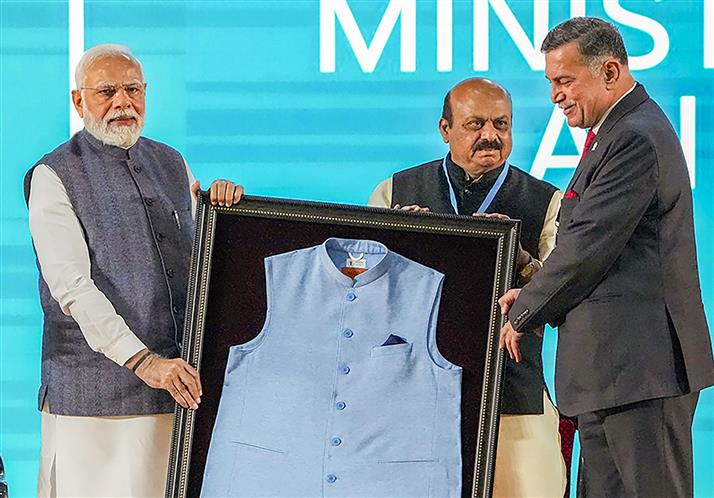
Ecoline’s sadri jacket gifted to PM Modi
Made from 20 PET bottles, the sadri jacket is one of their most-inquired garments – an idea that struck Senthil’s father K Sankar, the founder of Shree Renga Polymers (the parent company of Ecoline). The father-son duo is on a mission to revolutionise fashion by recycling PET bottles to make them into fashionable garments, making Ecoline the first Indian brand to pursue this path. “We thought of taking the initiative of bringing the thought process (of sustainable fashion) to consumers,” Senthil tells Global Indian. It takes eight PET bottles to make a shirt, twenty to make a jacket, and twenty-eight to make a blazer.
The beginning
Ecoline’s journey begins from Shree Renga Polymers, as Senthil’s story begins from his father’s. An IIT-Delhi graduate in Polymer Science and Technology, K Sankar worked abroad in many roles and capacities in various companies, predominantly in polymers and plastics, before returning to Karur in 2008 to start Shree Renga Polymers, recycling PET bottles to make polyester yarns. However, this wasn’t K Shankar’s first foray into business. In 1996, he started his first venture, recycling nylons and fish nets, but experienced significant setbacks. The debt-ridden family vowed to never get into business again. Chennai-born Senthil saw his dad struggle through hardships and knew this wasn’t his path. After his BTech in Mechanical Engineering from Vellore Institute of Technology, he joined Tata Consultancy Services.
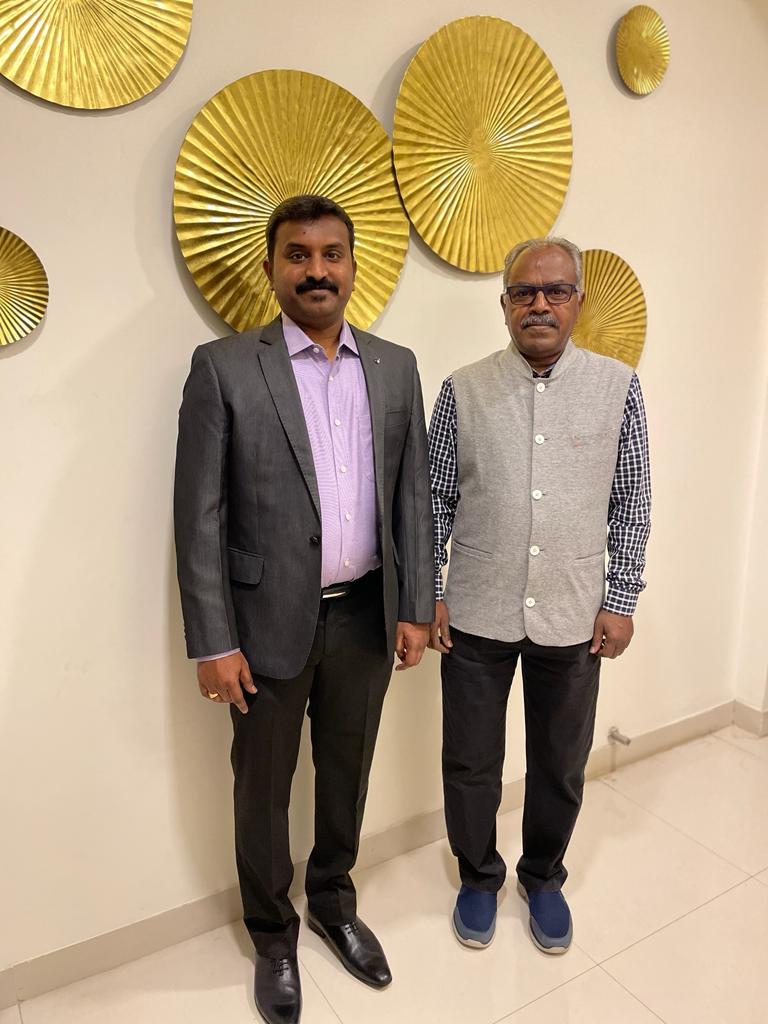
Senthil Sankar with dad K Sankar
However, his perspective took a transformative turn after watching the Bollywood film Guru in 2007. “I was inspired by the life of Dhirubhai Ambani and felt that being an entrepreneur is much more empowering,” he says. He decided to work for a few years, pursue an MBA, and then embark on his entrepreneurial journey.
Witnessing his father dive back into business with Shree Renga Polymers inspired Senthil. “It takes a lot of gumption and courage, especially when you have had a first bad experience. To restart at the age of 50 was inspiring for me,” says Senthil. He had a strong desire to assist his father in the business, despite initial doubts. K Sankar fondly recalls, “I thought he would run away. He was more accustomed to city life. How would he adapt to working in the waste industry and living a less glamorous lifestyle?” However, Senthil interjects with a smile, “I was determined to become an entrepreneur and build a thriving enterprise.”
Senthil turned down a lucrative offer to relocate to Canada, opting instead to join his father’s business and make a positive impact on society. “Back in 2006, I started reading a lot and realised that India has massive potential. The country will grow in a big way in the 21st century. That thought process struck a deep chord and I am a patriotic person, not only in cricket matches but otherwise as well,” says the ecopreneur, who happily bartered a cushy job in Silicon Valley for “a thorn bed in Karur, empowering 500 people through employment.” “Being in a fancy job in Silicon Valley can give me likes and shares on Facebook and LinkedIn but not the satisfaction.”
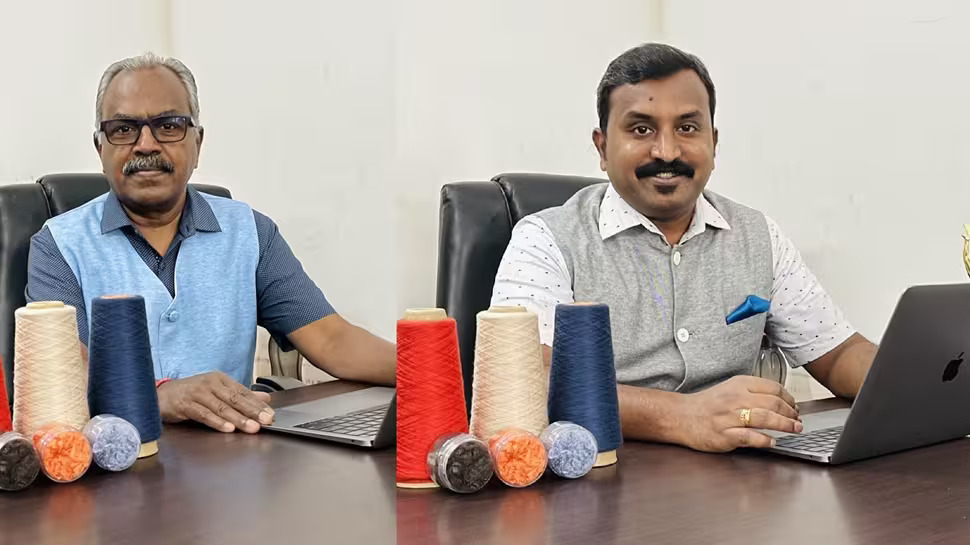
The making of a sustainable fashion brand
Senthil moved to Karur with his wife, who is a criminal lawyer, and his commitment to growing the family business resulted in the birth of Ecoline in 2020. “We knew the end-to-end of the textile spectrum, the only natural extension was to create a brand,” adds Senthil, who calls sustainable fashion the future. “With the climate crisis and growing population, we have to find ways to sustain humanity with the available resources. Sustainable consumption is the only way to do that.”

Discarded PET bottles
Around 60 million plastic bottles end up in landfills every day (that take years to degrade). However, India recycles 90 percent of its PET bottles. Classified as engineering plastic, PET bottles offer higher remuneration and better returns to ragpickers. Senthil and K Sankar are helping convert 15 lakh bottles daily into polyester fabric. “We are buying more time by turning plastic into fashionable garments. There will always be demand for polyesters because activewear as a segment is big globally and is also gaining prominence in India. Polyester is going to have a continuous demand. This helps the planet and also helps the brand be eco-conscious.”
From PET bottles to garments
Senthil demonstrates the process by presenting a PET bottle during our video call. He explains that only the bottle’s plastic body is utilised to create the polyester fibre used to make garments. However, Senthil mentions, “The bottle caps are sold to individuals who manufacture battery cases, while the wrappers are sent to cement factories for burning.” The process begins with ragpickers collecting PET bottles, which are then sent to suppliers responsible for transforming them into cubes. These cubes are delivered to the Ecoline factory, where a sorting process takes place. “The bottles are crushed, cleaned, dried, melted, and transformed into semi-finished fibres. The fibres then undergo a five-stage finishing process and converted into yarn, which is used to create fabric on a knitting machine. Finally, the fabric is fashioned into garments.”

While many companies are announcing plans to become carbon neutral, Shree Renga Polymers has achieved carbon neutrality for the past decade. K Sankar proudly shares, “Not only have we recycled plastic, but we have also planted over 5000 trees and implemented renewable energy sources such as wind, solar, and biomass.” Senthil adds that nothing goes to waste in their factory. He explains, “The bottles come dirty to us, so we use water to clean the plastic. The mud gets separated and the water is recycled. With the mud, we make paver blocks. Every input we get is made into some value-added product and sold. We also save water by using dope-dyed technology (dyeing without water).”
Sustainability is the future
Within just two years of entering the market, Ecoline has successfully garnered clients from across India. When asked about their reaction to wearing clothes made from PET bottles, Senthil responds, “Most people are amazed by the concept. However, for those who are apprehensive, we take the time to explain the meticulous process. Since the polymer is subjected to temperatures of 300 degrees Celsius during processing, no bacteria or virus can survive. Once it is transformed into polyester fibre, it becomes like any other product.” The 37-year-old ecopreneur acknowledges that the consumer’s perspective on sustainability presents an ongoing challenge. “Yes, PM Modi wore it, that’s a big statement but is it fashionable? Does it look good? Is it a part of fast fashion? These are the things that sustainability has to discover.”

Since its establishment, Shree Renga Polymers has successfully prevented 200 crore PET bottles from ending up in landfills. K Sankar, with evident pride, highlights, “Each day, we save 1.5 million bottles from reaching the landfill. If left unattended, these bottles would occupy a space equivalent to a football stadium spanning 700,000 square meters. Our efforts have also resulted in the prevention of 14,400 tonnes of carbon dioxide emissions, thanks to the conversion of 2 billion bottles.” Additionally, the water conservation achieved through their process is equivalent to the capacity of Tamil Nadu’s Veeranam lake, which can store 1,465 million cubic feet (mcft) of water.
Senthil embarked on a transformative journey, forsaking his white-collar job to venture into the realm of entrepreneurship. His path was rife with challenges and valuable lessons, one of which was the realisation that pursuing an MBA was unnecessary before diving into business. “Being on ground and involved in the nuts and bolts is the best learning. No B-School can teach you passion, persistence, patience, vision, direction – all key aspects of entrepreneurship.”
Through their unwavering commitment and relentless efforts, the father-son duo has transformed their venture into a ₹100-crore company, and their ambitions now extend to international expansion. For Senthil and K Sankar, revenue and profit are merely by-products of their journey, with their true driving force being their vision. “Every single plastic bottle that we recycle today, 15 lakh bottles will turn into 30 lakh bottles in two years. All these bottles getting converted into a finished product with a brand name Ecoline and getting sold in some part of the world is what exactly will give us joy.”
- Follow Senthil Sankar on LinkedIn


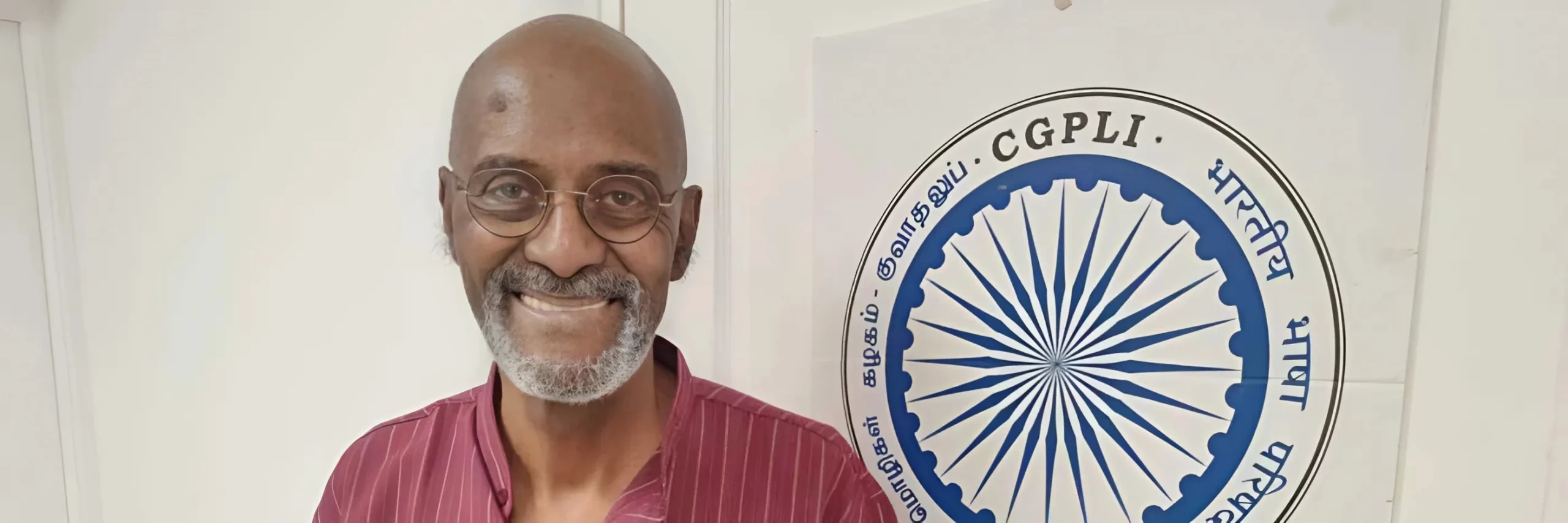
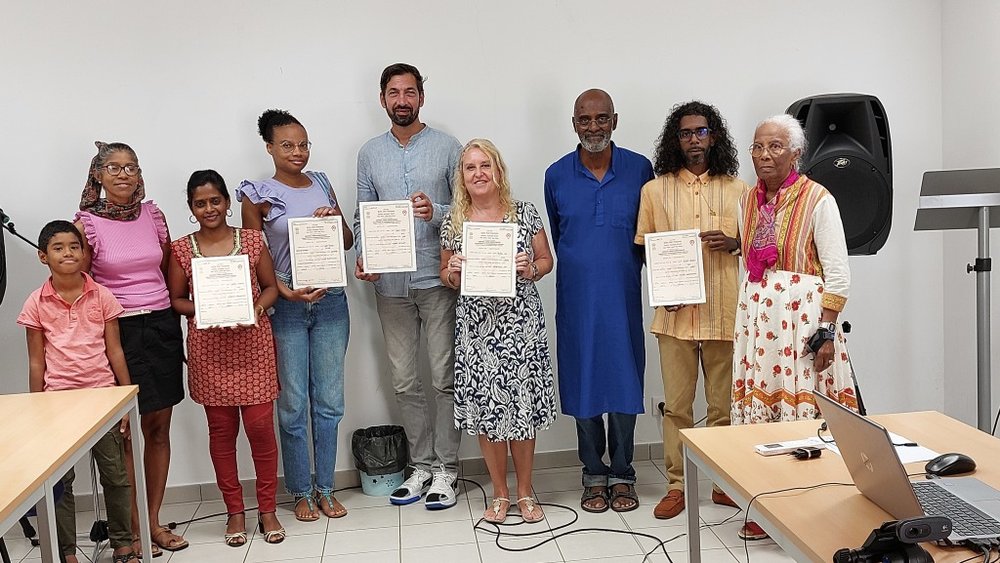 French nationals with their Hindi diploma certificates[/caption]
French nationals with their Hindi diploma certificates[/caption]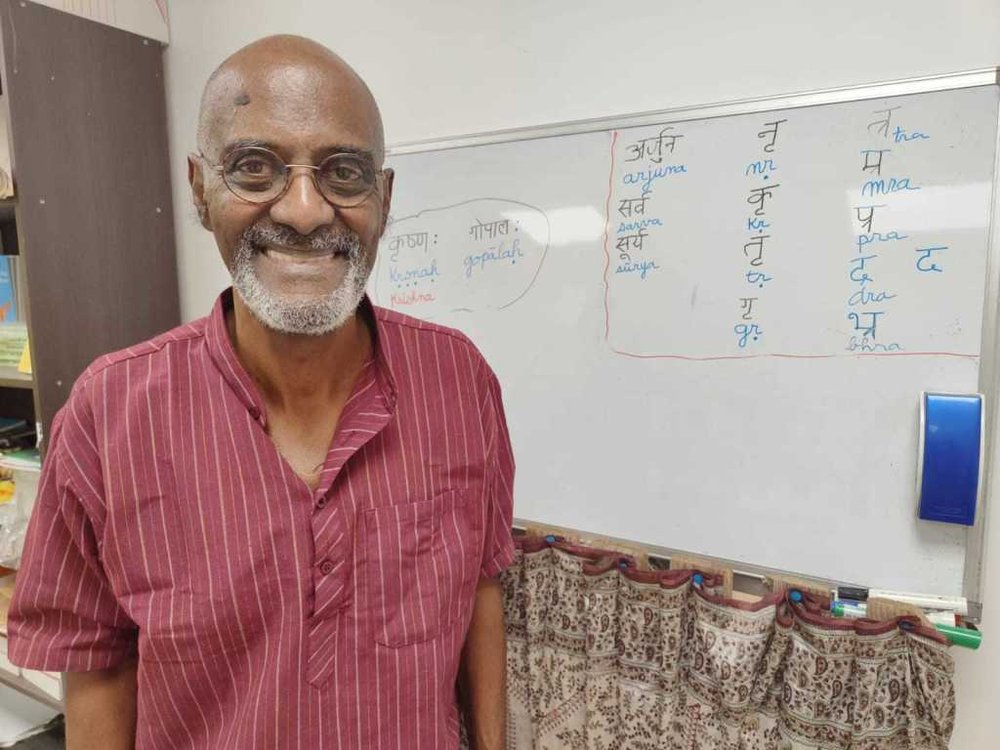
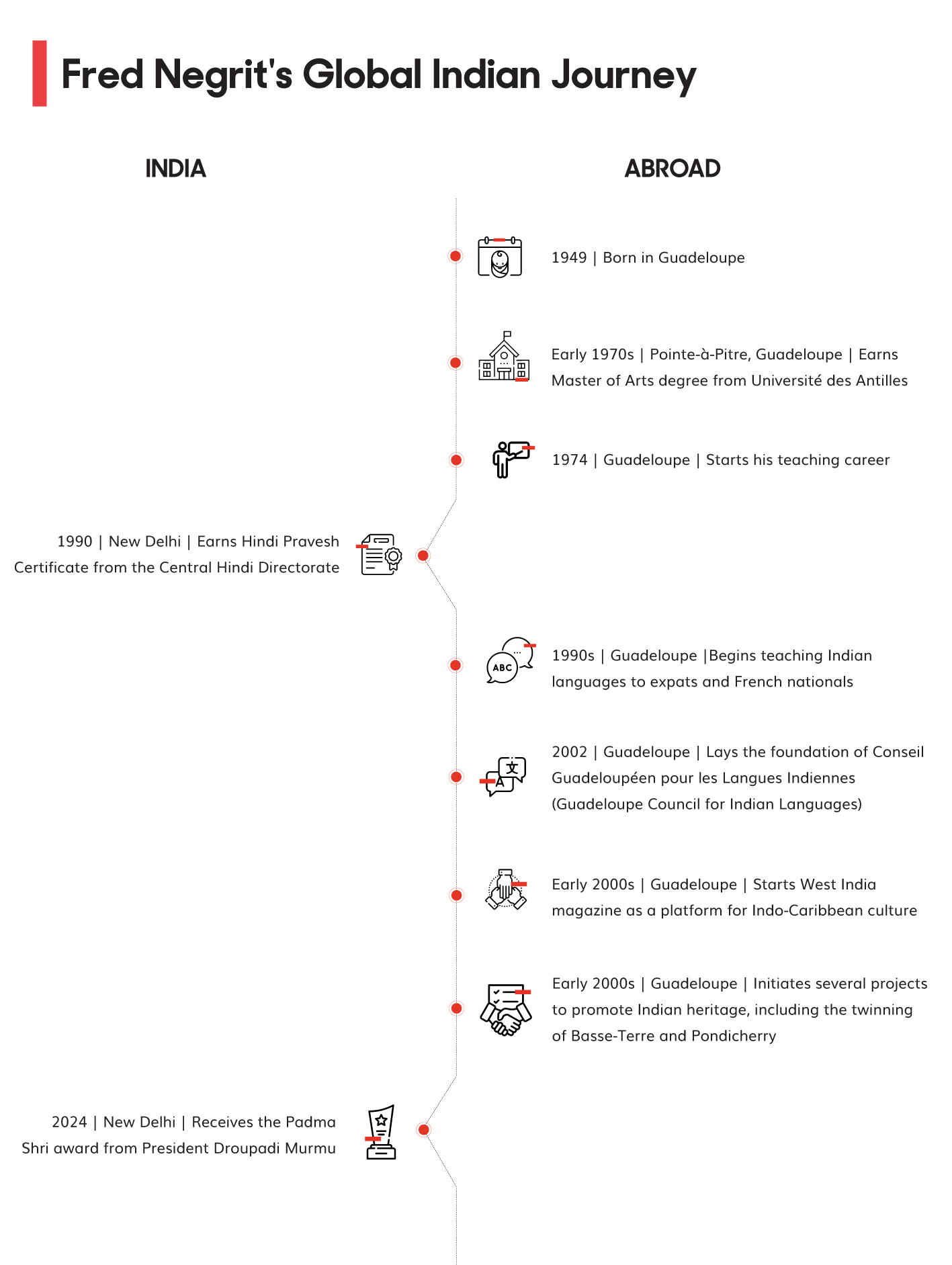
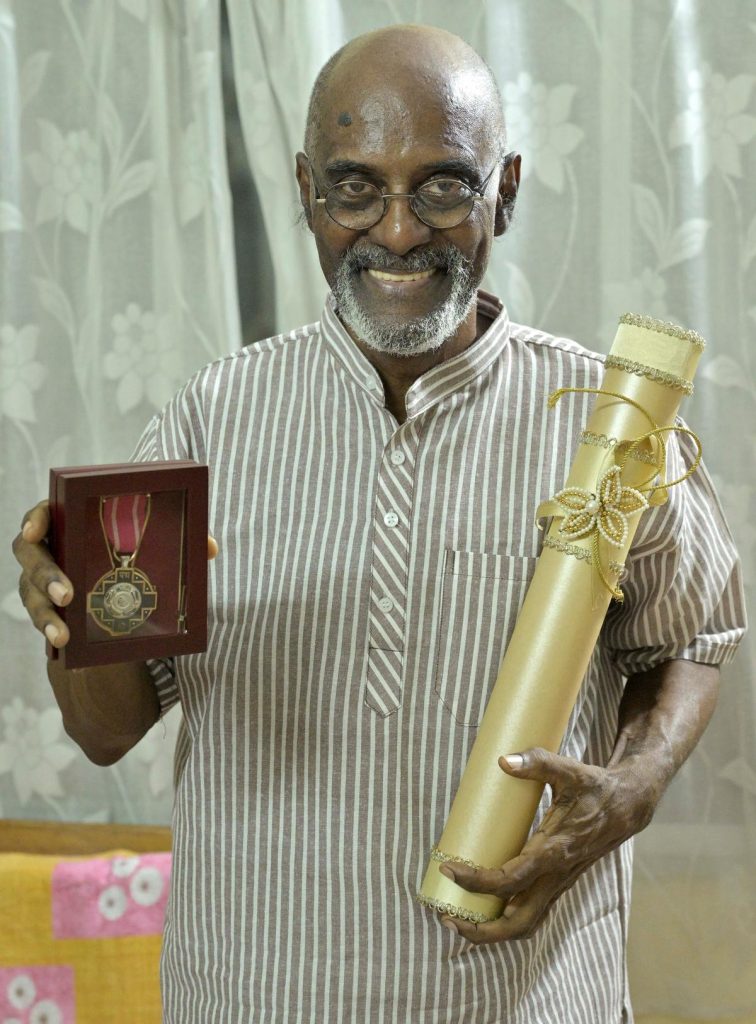
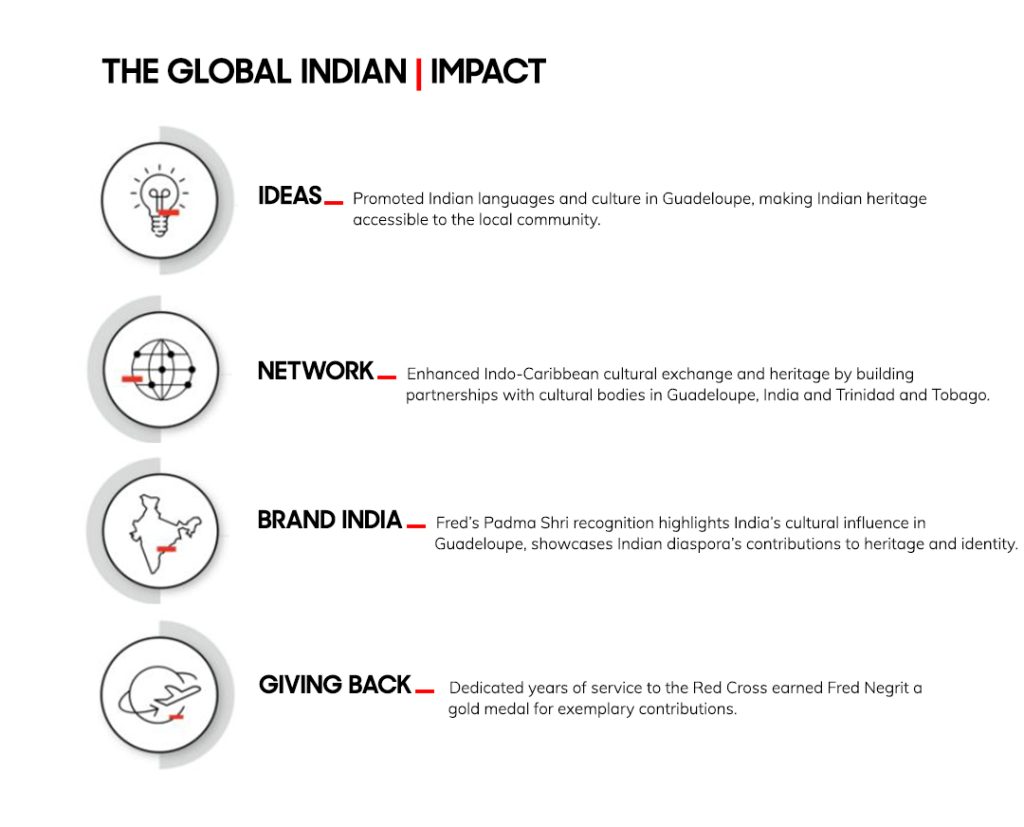

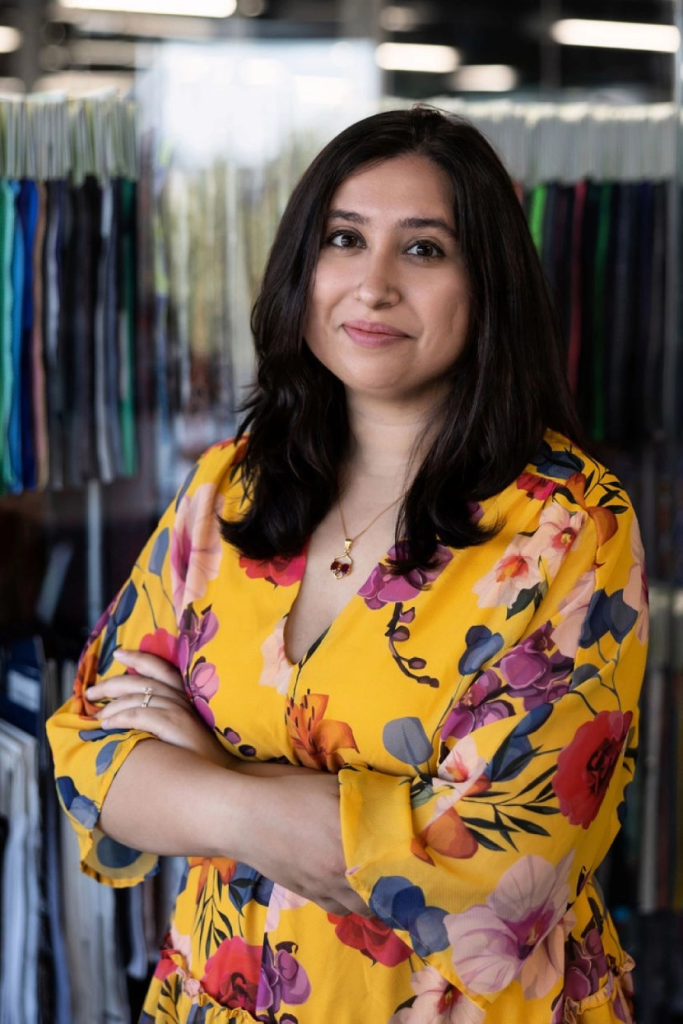 Sarika Bajaj, CEO and co-founder, Refiberd[/caption]
Sarika Bajaj, CEO and co-founder, Refiberd[/caption]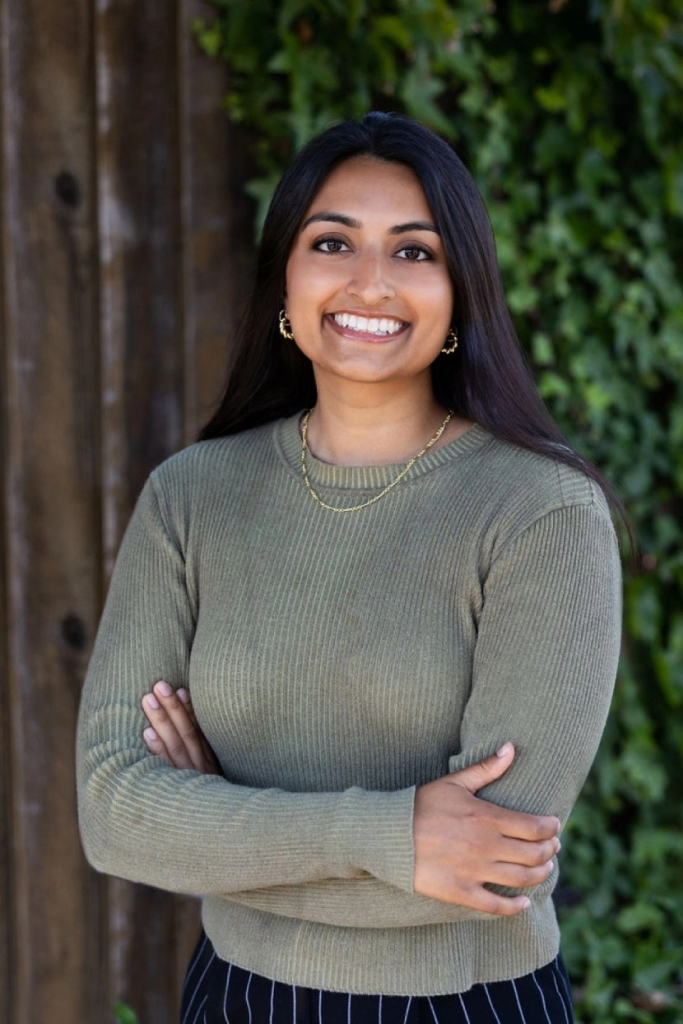 Tushita Gupta, CTO and co-founder, Refiberd[/caption]
Tushita Gupta, CTO and co-founder, Refiberd[/caption]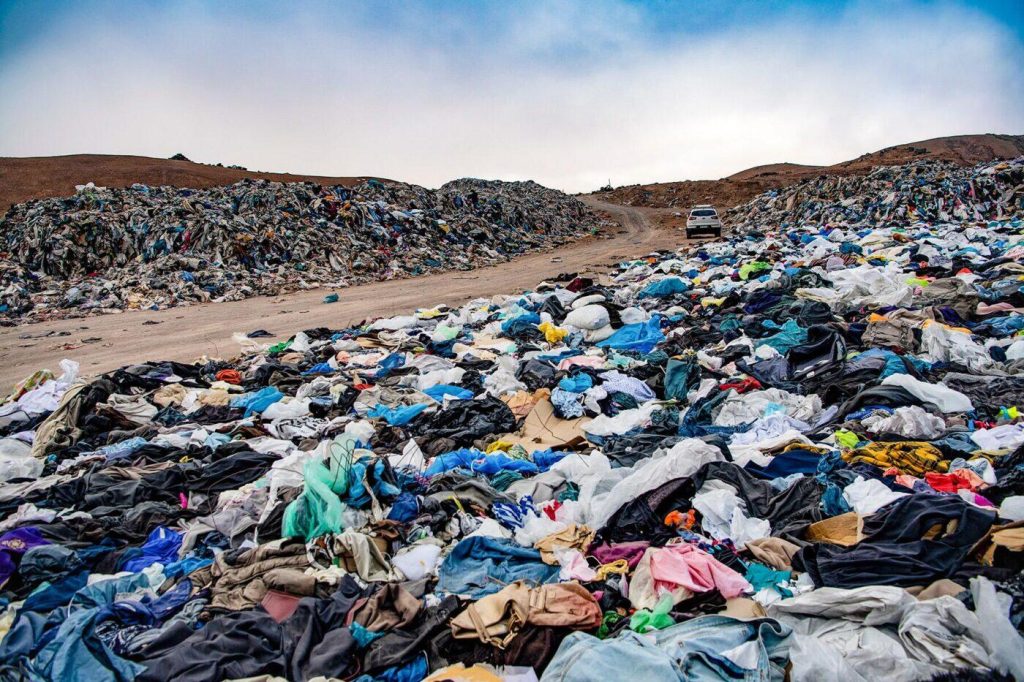 The clothing dump for fast fashion in the Atacama Desert, Chile[/caption]
The clothing dump for fast fashion in the Atacama Desert, Chile[/caption]

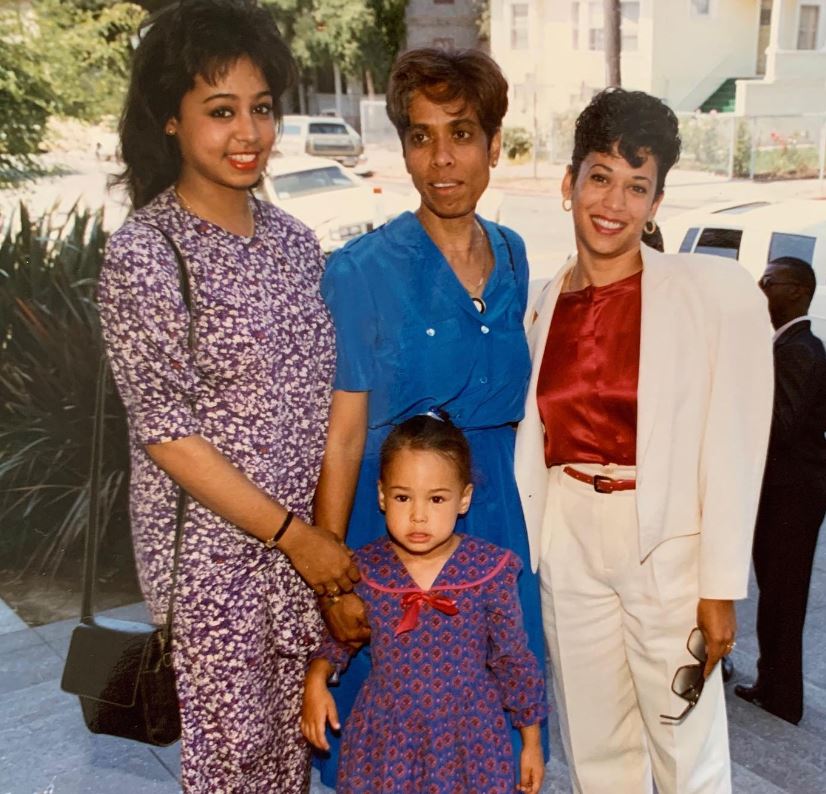 Throwback image: Meena Harris when she was a kid with her mom, grandmother and aunt Kamala Harris[/caption]
Throwback image: Meena Harris when she was a kid with her mom, grandmother and aunt Kamala Harris[/caption]
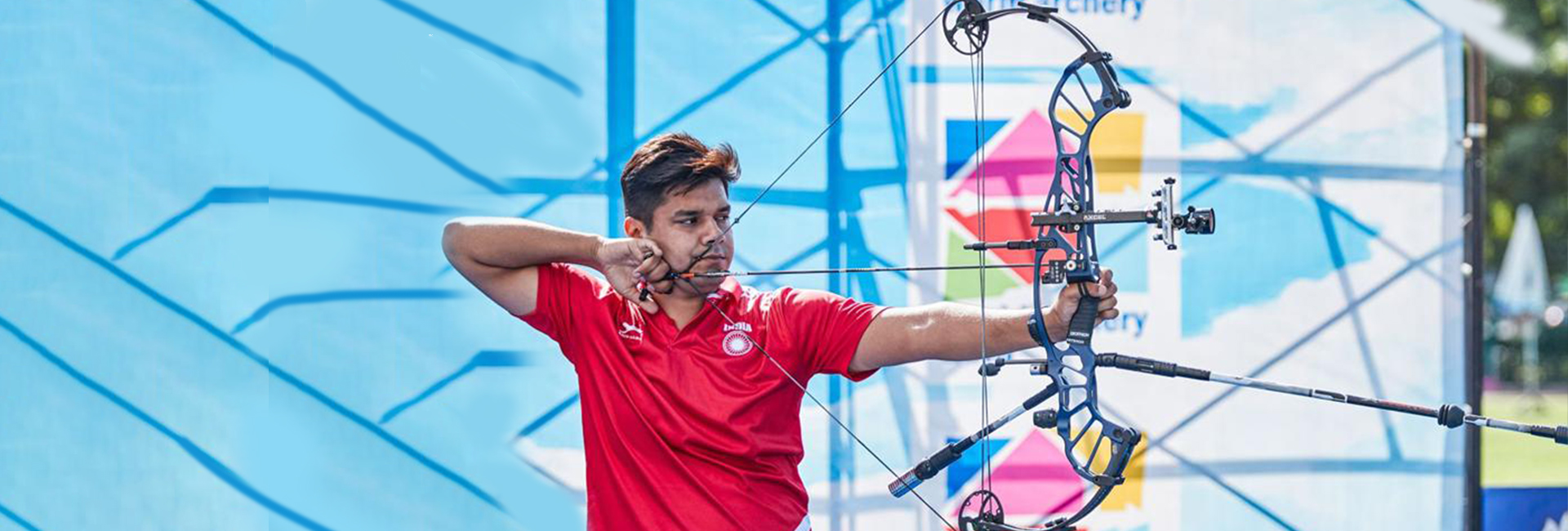
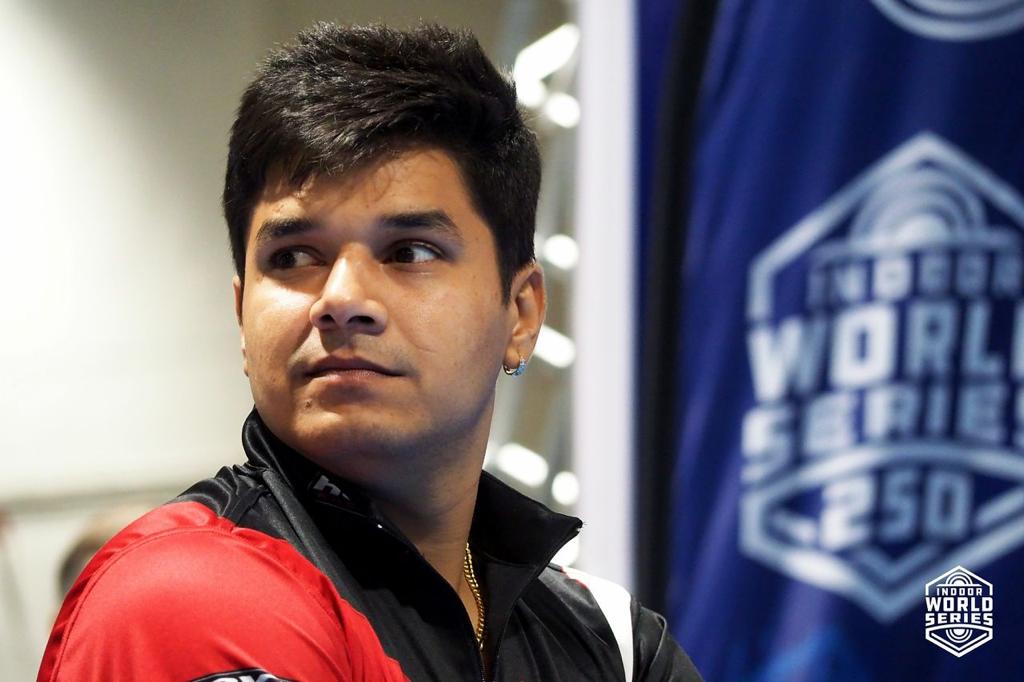 Indian archer Abhishek Verma[/caption]
Indian archer Abhishek Verma[/caption]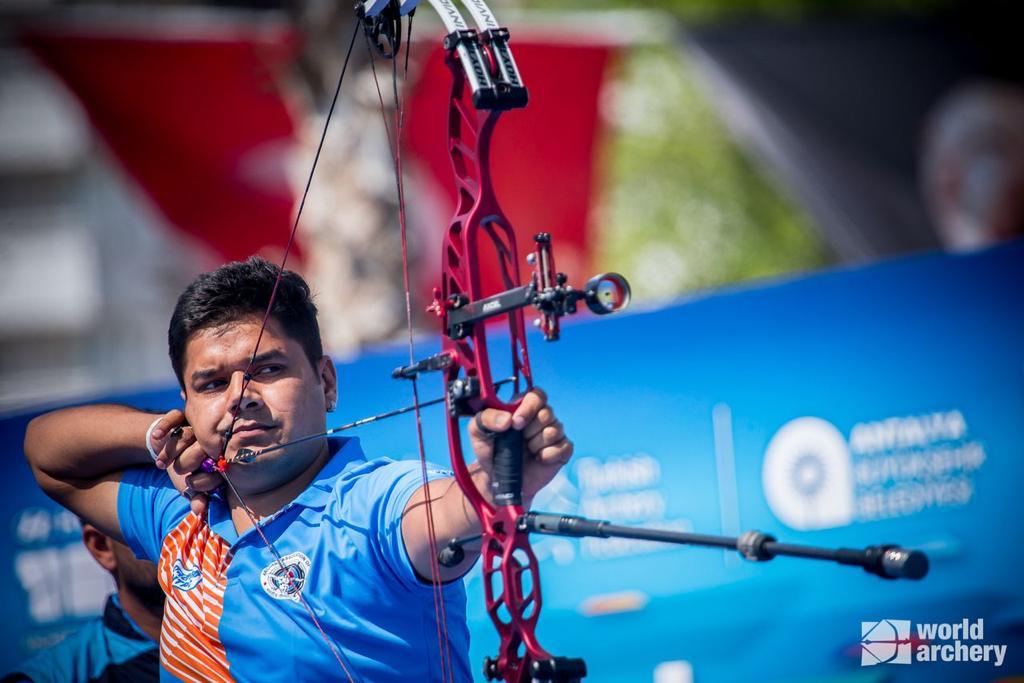

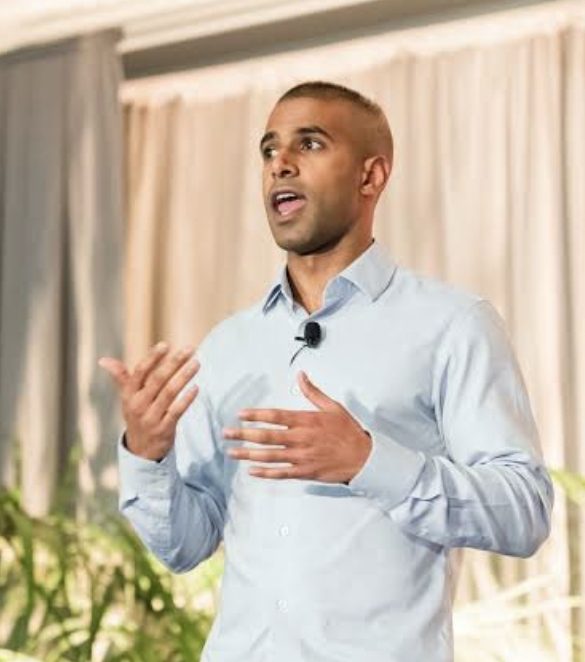 Nikil Viswanathan, co-founder, CEO, Alchemy[/caption]
Nikil Viswanathan, co-founder, CEO, Alchemy[/caption]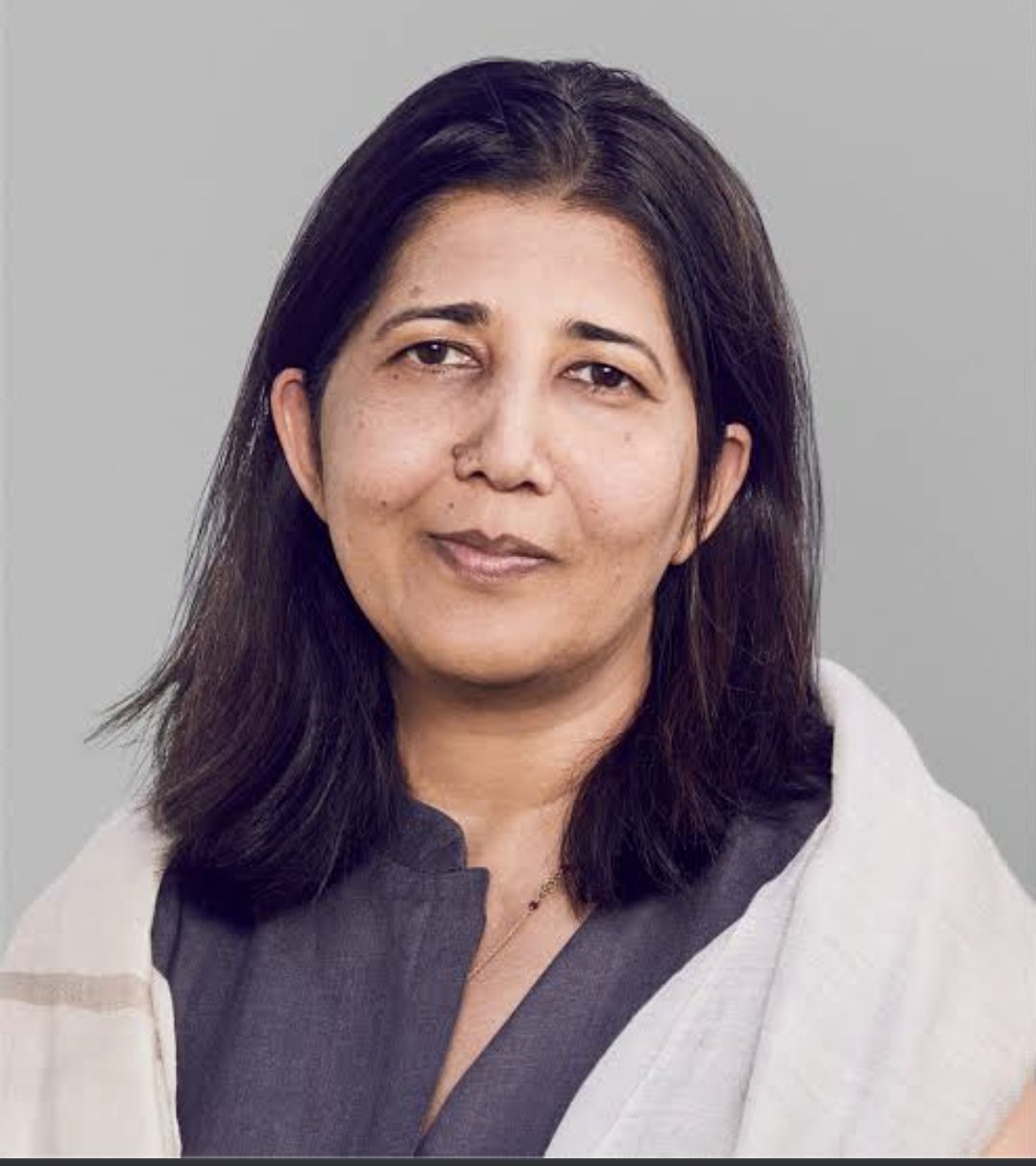 Shar Dubey, CEO, Match Group[/caption]
Shar Dubey, CEO, Match Group[/caption]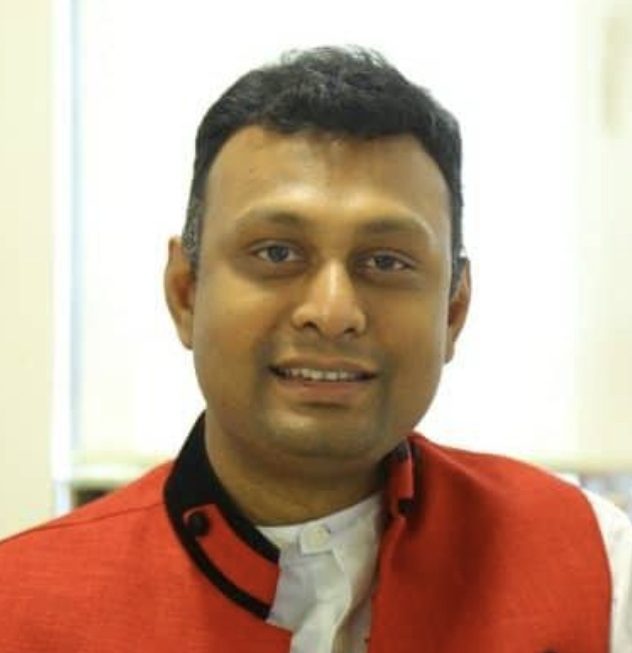 Rajesh Dhuddu, VP and practice leader, blockchain & cybersecurity, Tech Mahindra[/caption]
Rajesh Dhuddu, VP and practice leader, blockchain & cybersecurity, Tech Mahindra[/caption]